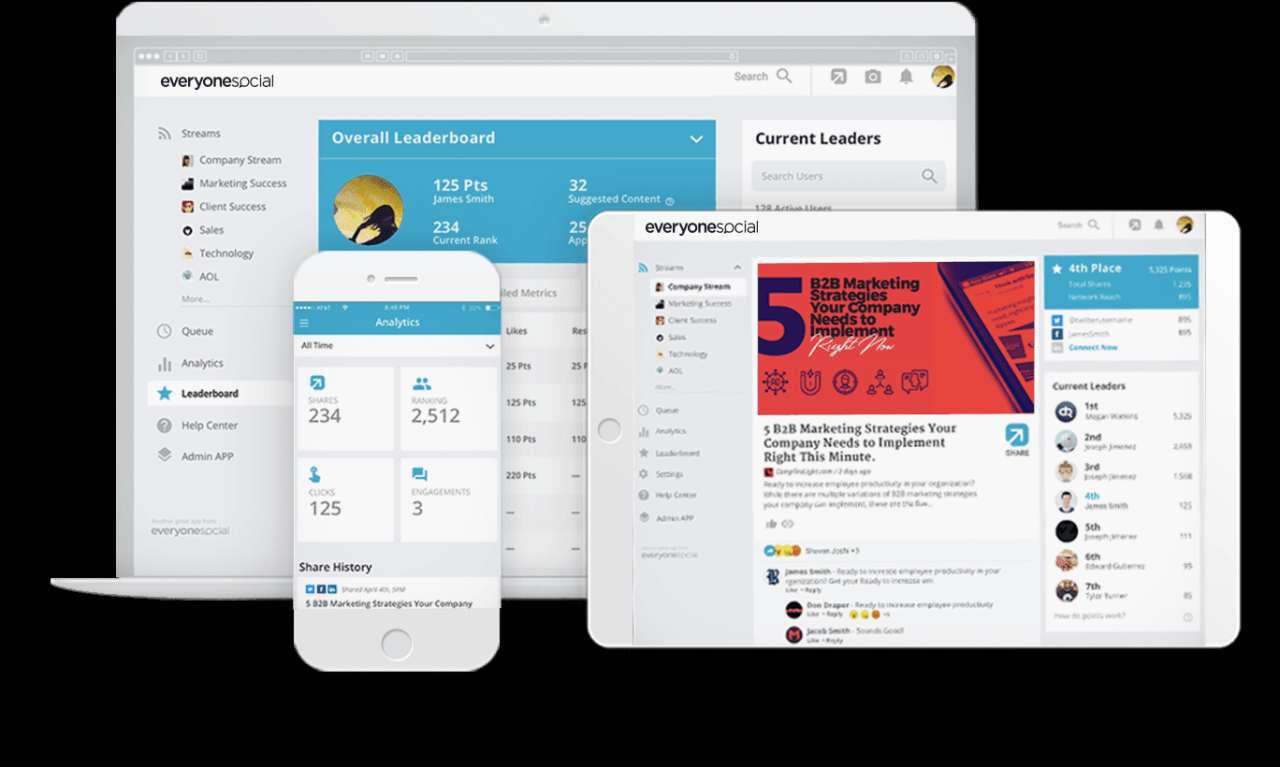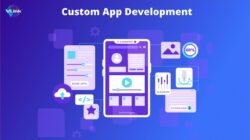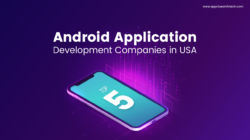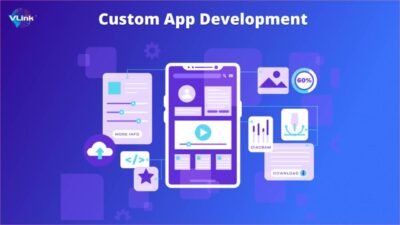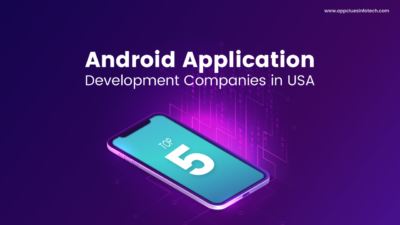Employee advocacy app is revolutionizing how organizations foster a positive work environment by empowering their team members to share their experiences and insights. In today’s digital age, where communication is key, an effective employee advocacy app serves as a bridge connecting employees with their organization’s goals, values, and culture.
This innovative approach not only amplifies employees’ voices but also strengthens brand loyalty and enhances overall employee engagement, creating a win-win situation for both staff and the organization.
In the ever-evolving landscape of technology, the influence of Artificial Intelligence (AI) continues to permeate various aspects of our lives, transforming how we work, communicate, and even think. With its capacity to analyze data, learn from patterns, and make decisions, AI has become an integral part of modern civilization, reshaping industries and crafting new realities. This article delves into the fascinating world of AI, exploring its applications, implications, and future prospects.To begin with, it’s important to understand what AI really is.
At its core, artificial intelligence refers to the simulation of human intelligence in machines that are programmed to think and learn like humans. This encompasses various subfields such as machine learning (ML), robotics, natural language processing (NLP), and computer vision. Each of these areas contributes to the broader functionality of AI, allowing it to perform tasks that traditionally required human intelligence.One of the most prominent applications of AI can be found in the realm of healthcare.
AI systems are capable of analyzing complex medical data, aiding in diagnostics, and even predicting patient outcomes. For instance, algorithms that process vast amounts of medical imagery can detect anomalies such as tumors with remarkable accuracy. This not only enhances the efficiency of healthcare providers but also has the potential to save lives by allowing for earlier interventions. Moreover, AI-driven tools can assist in personalized medicine, tailoring treatment plans based on individual patient data, thereby optimizing therapeutic outcomes.Another significant arena where AI is making strides is in the business sector.
Companies are leveraging AI to streamline operations, enhance customer service, and make data-driven decisions. Chatbots, a popular application of NLP, provide instant support to customers, addressing their inquiries and resolving issues without the need for human intervention. This not only improves customer satisfaction but also reduces operational costs. Additionally, predictive analytics powered by AI helps organizations anticipate market trends, enabling them to make informed strategic decisions that drive growth.The realm of education is also witnessing a transformation through AI technologies.
Intelligent tutoring systems are being developed to provide personalized learning experiences for students, adapting to their individual learning paces and styles. These systems can identify areas where students struggle and offer targeted assistance, fostering a more effective learning environment. Furthermore, AI can assist educators in administrative tasks, allowing them to focus more on teaching and mentorship rather than paperwork.However, the rise of AI brings with it a host of ethical considerations and challenges.
As machines become more capable of performing tasks traditionally handled by humans, concerns surrounding job displacement arise. Many fear that automation may lead to significant unemployment in various sectors. While it’s true that certain jobs may become obsolete, it’s also important to recognize that AI can create new opportunities. The demand for skilled workers who can manage and maintain AI systems is on the rise, necessitating a shift in workforce training and education.Moreover, the ethical implications of AI deployment cannot be overlooked.
Issues such as bias in AI algorithms, data privacy, and the potential for misuse pose significant challenges. For instance, if an AI system is trained on biased data, it may perpetuate those biases in its decision-making processes, leading to unfair outcomes. It’s crucial for developers and policymakers to implement safeguards that ensure fairness and transparency in AI systems.Looking ahead, the future of AI is ripe with possibilities.
As technology continues to advance, we can expect AI to become even more integrated into our daily lives. From smart cities powered by AI that enhance urban living to advancements in autonomous vehicles that promise to revolutionize transportation, the potential is boundless. However, the journey forward requires a balanced approach that prioritizes ethical considerations alongside innovation.In conclusion, the impact of AI on society is profound, with its applications spanning numerous industries and aspects of life.
While the benefits are substantial, the challenges must be addressed through responsible development and governance. As we navigate this exciting frontier, it’s vital to foster an environment where technology serves humanity, enhancing our capabilities rather than overshadowing them. Embracing AI with a forward-thinking mindset will undoubtedly shape a better future for all.
Q&A
What is an employee advocacy app?
An employee advocacy app is a digital platform that enables employees to share content and promote their company’s values, culture, and achievements through their personal networks.
How does an employee advocacy app benefit a company?
It enhances brand awareness, fosters a positive company culture, boosts employee engagement, and helps in creating a unified voice for the organization.
Can any company use an employee advocacy app?
Yes, any company looking to improve employee engagement and promote its brand can benefit from using an employee advocacy app.
What features should I look for in an employee advocacy app?
Key features include user-friendly interface, content sharing capabilities, analytics for measuring engagement, and integration with social media platforms.
Is training required to use an employee advocacy app?
While most apps are user-friendly, some training or onboarding may be beneficial to maximize the app’s features and ensure effective use.
